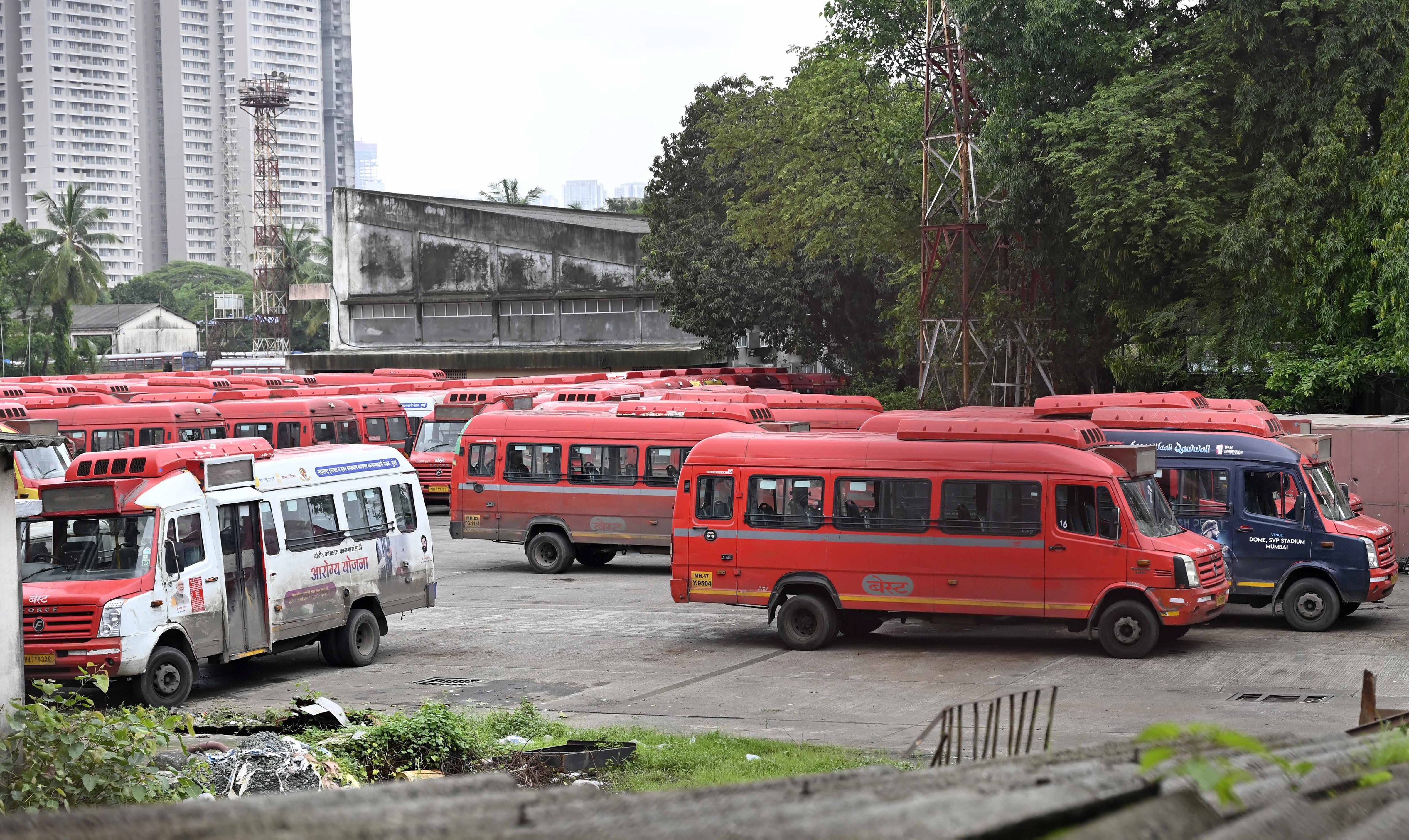Xi Jinping tweaks economic policies after worst COVID19 outbreak
China stated that virus control measures and economic development work hand in hand to stabilise financial markets and stimulate the economy.

Beijing: Chinese President Xi Jinping has committed to reducing the economic cost of his Covid-fighting policies, marking a shift in a long-standing strategy that has reduced fatalities but placed a significant burden on the world's second-largest economy.
He reaffirmed his adherence to the COVID-Zero policy. In a meeting of the politburo standing committee, he stated that his country will seek to achieve the greatest possible prevention and control effect at the lowest possible cost, as well as to minimise the epidemic's impact on economic and social development.
China is coping with its worst Covid-19 outbreak since first in Wuhan, with tens of millions of people, including residents of the southern tech metropolis of Shenzhen, under quarantine. According to a Bloomberg check on the government's website, this is the first time Xi has emphasised limiting the economic burden of Covid prevention at a politburo meeting since the pandemic began in 2020.
China stated that virus control measures and economic development work hand in hand to stabilise financial markets and stimulate the economy. The remarks, issued at a recent meeting of China's top financial policy committee, reaffirmed what authorities have been saying for the past month: Covid regulation needed to be modified to minimise economic damage.
According to Bruce Pang, head of macro and strategy research at China Renaissance Securities Hong Kong Ltd, the indications from Xi's meeting indicate that China will "first reduce infections, and then alter its viral control techniques." Phrases in the statement implying that China should not relent in its fight against the virus imply that "any adjustment will come with the precondition of eliminating infections," he said.
Claiming that Beijing's target of 5.5 per cent growth will be tough to meet. Several analysts, including those from Morgan Stanley and UBS Group AG, have revised their growth projections for the year. According to Goldman Sachs Group Inc.'s top China economist Hui Shan and colleagues, a four-week lockdown of 30% of the country might cut GDP by approximately 1%.
The surge in the cases has resulted in fewer economic activities. Virus controlling measures have resulted in brief plant shutdowns at corporations such as iPhone manufacturer Foxconn Technology Group and Toyota Motor Corp. Consumers have seen a drop in travel and spending at stores and restaurants as a result of the restrictions, with sentiment remaining low compared to pre-pandemic levels.
In another encouraging sign, the government announced Friday that the southern Chinese technology hub of Shenzhen will reopen factories, buses, and subways in five districts after meeting their Covid targets.
Beijing also wants to ensure that people's lives are disrupted as little as possible, with Xi declaring that China should "keep the stability and order of the people's routine production and living, do a good job in the production and supply of daily essentials, and assure people's medical needs."
On vaccines, Xi called for a step-up in public education and promotion of the benefits of the doses and a further improvement in vaccination rates. He also called for scientific and technological research and the development of vaccines to be strengthened.

















